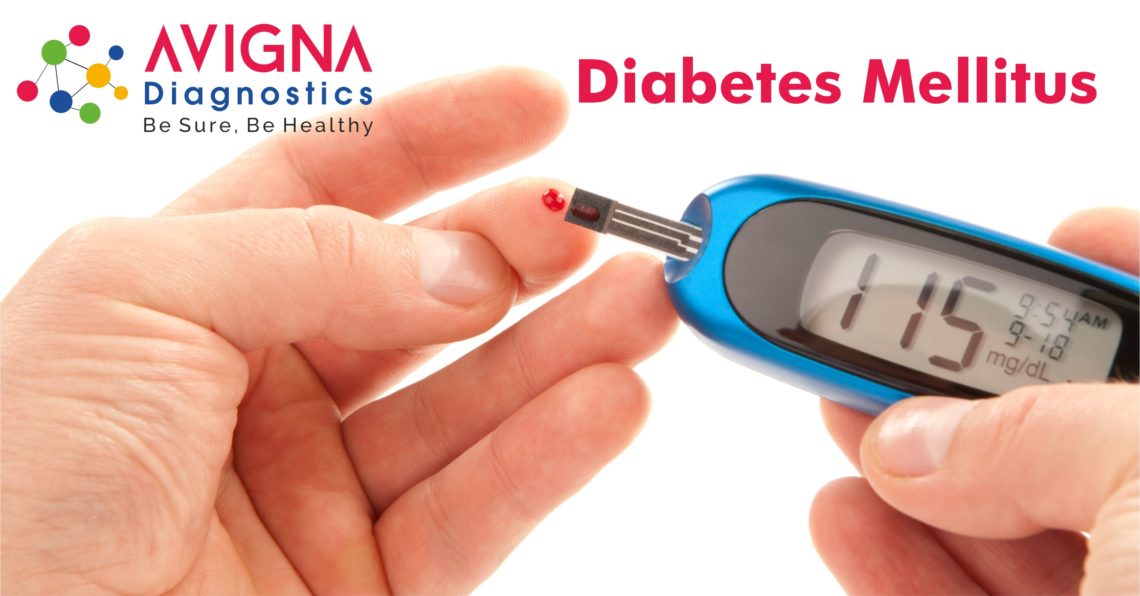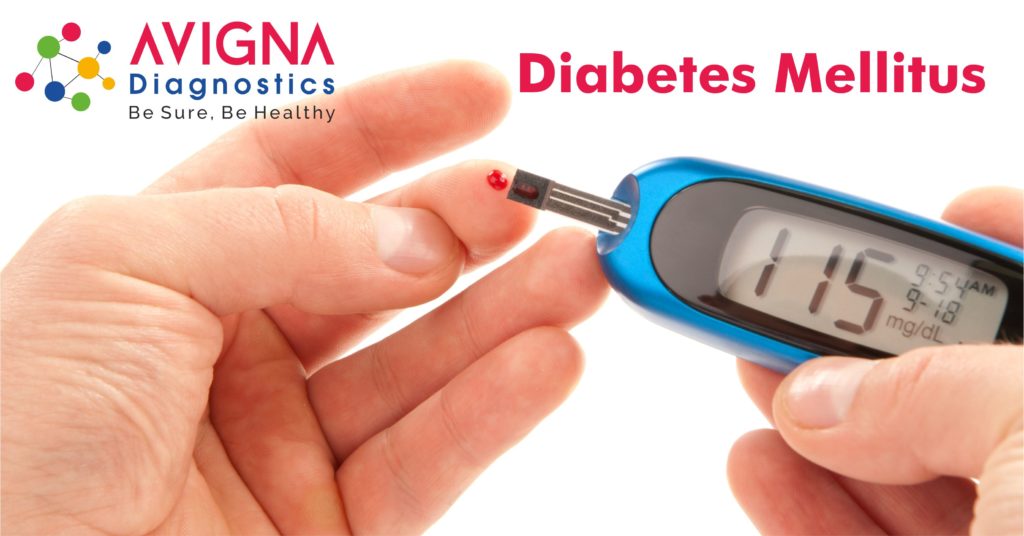Diabetes is a metabolic disorder in which the body is unable to utilize glucose as the energy source. This may be because of decreased production of a substance called INSULIN or production of functionally ineffective INSULIN. The outcome is a rise in the blood glucose levels. The body uses fat as an alternative source for energy in all such individuals. This leads to accumulation of abnormal end products of fat which damage the blood vessels in the heart, kidney and brain. The immune system also is affected and results in frequent infections.
There are various types of Diabetes Mellitus and most of these individuals will be greatly benefitted if they seek medical advice early. The affected person usually has increased thirst, hunger and urine output. They are easily fatigued and have tingling and numbness of hands and feet. Infections in them take longer to heal.
Diagnosis of Diabetes Mellitus is done through various blood tests and needs medical supervision for the diagnosis and management. The reason is – Blood Glucose levels fluctuate in everyone constantly and needs repetition of certain tests at a later date also in suspected Diabetes patients.
The essential blood tests for diagnosis are:
- HbA1c estimation – on the blood sample
- Lipid Profile
- Complete Urine Examination
- Complete Blood Picture
Early diagnosis helps to either prevent or delay the development of Diabetes Mellitus in an individual. Also, the long term complications can be avoided by monitoring the Diabetes Mellitus individual.
Related Keywords:
Blood, Blood Tests, Blood Tests for Diagnosis, Diabetes, Diabetes Mellitus, Diagnosis, Diagnosis of Diabetes Mellitus











Comments by admin